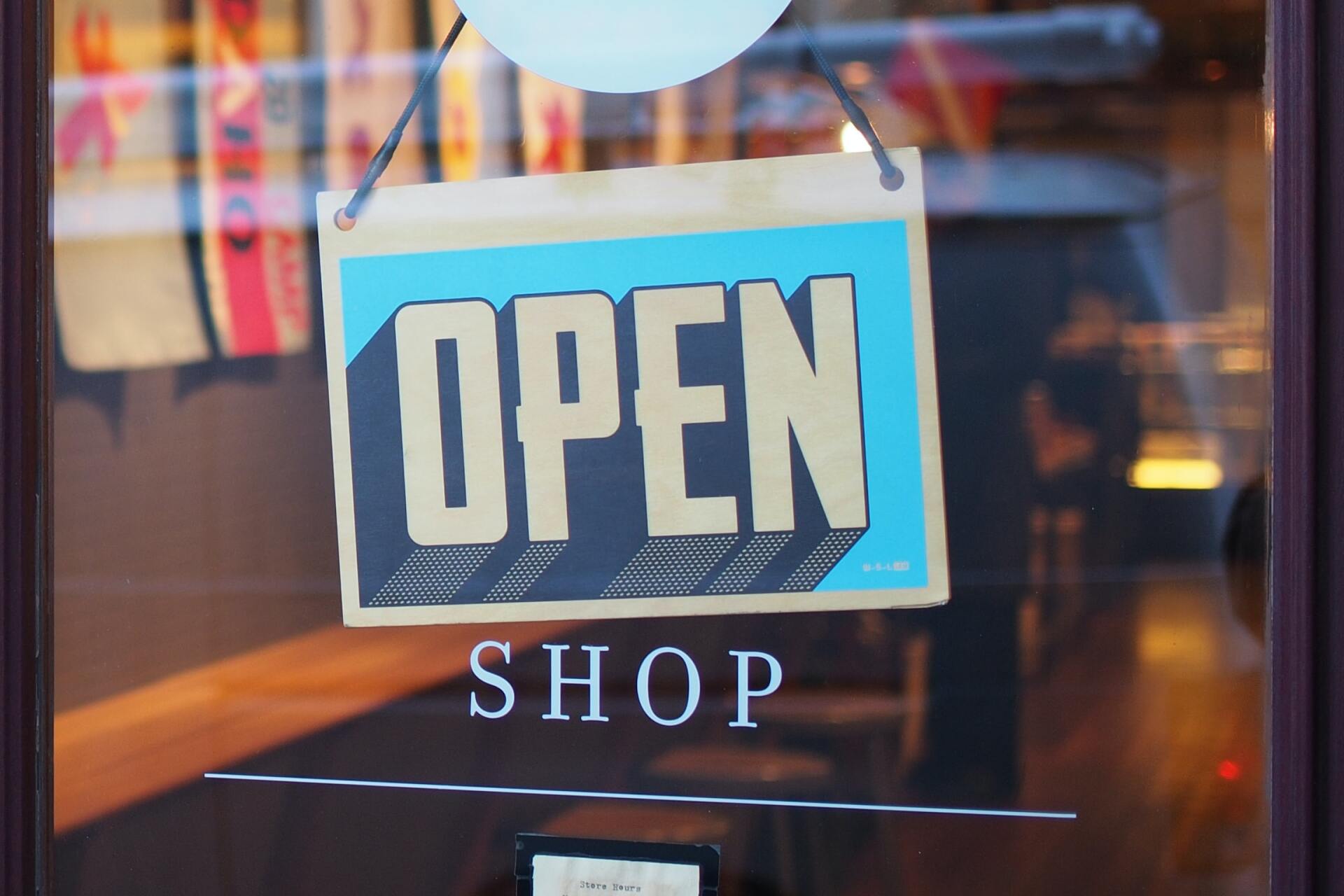Keeping Business Open during Omicron
Keeping Business Open during Omicron February 2022
The continuation of the Covid-19 Omicron variant in the community, the gradual reopening of NZ's borders and the gradual dismantling of the Managed Isolation and Quarantine (MIQ) for incoming travellers, has made it necessary for business owners to prepare for Covid-19 differently to previous variants. It is very likely that some or all of your workers may be self-isolating while recovering from the virus or awaiting test results.
As owners and managers, we will need to prepare for Omicron to affect our workplace and our people and continue to operate.

Working Remotely or Separately
Plan for your workers to work from home where practical, or segregate work areas so there are fewer contact opportunities between sections of the business. This separation can have negative impacts on collaboration, training and building networks, so carefully consider how you can compensate for the downsides, with online events that bring teams together in a fun way. TVNZ's Seven Sharp team are filming from a temporary studio to allow social distancing, as discussed in The Spinoff. If Hilary and Jeremy can manage, then our teams can too. https://thespinoff.co.nz/tv/23-02-2022/justice-for-seven-sharp-the-only-news-show-without-a-snazzy-studio
Make sure that your workers have access to N95 or medical grade masks, and encourage their use at work. Remind people of hygiene practices, regular cleaning schedules and whey they are important. These simple steps may help reduce the number of sick days taken by your workforce.
Rostering and Apprenticing
Pay close attention to rostering, and encourage your workers to give as much notice as possible of absences, so you can arrange cover. My local hairdresser has two distinct teams, so that if one worker in team one falls sick and the rest of team become infected, then team two can still keep working. I know other businesses that forbid their managers from attending the same external meetings, let alone fly together.
Make sure that there is another person trained for key roles in your organisation, including the roles you undertake yourself. Imagine if you were unwell or busy caring for sick family members. Would your business keep ticking on without you?
Vaccination
If you haven't already conducted a health and safety risk assessment for your business to decide which workers need to be vaccinated, there is now an assessment tool:
As we said in a previous article, engage with your workers about the risk assessment and vaccination status, rather than being prescriptive. You are more likely to keep your workers on side with you if you behave fairly and reasonably, and discuss matters in good faith.
Workers who are Cases, Contacts or Symptomatic
Workers who are symptomatic must isolate and get a test. Cases need to isolate for 10 days from the day of their positive test. In Phase 3, household contacts need to isolate for the same 10 days as the case, with testing on days 2 and 10. If they test positive they must isolate for 10 days from the date of the test.
Other close contacts should monitor their symptoms, but do not need to isolate. They can continue to work. You may want to consider additional health protocols to protect your workers in this situation.
Close Contact Exemption Scheme
At phase 3, businesses and organisations can register as a "critical service" if they provide a basic human need, such as food production, distribution, accommodation, health services. If a critical service worker is a household contact, they will be able to access a Rapid Antigen Test (RAT) and return to work if they have a negative RAT prior to each day or shift they are at work and follow specific health protocols. Mask wearing, other hygiene and infection prevention, separate working space, travel solo, eat alone, separate bathroom if possible, testing. They will only be able to venture out of self-isolation for work or for testing.
You can register for the Close Contact Exemption Scheme at Business Connect. You will need your RealMe login to access the application form: https://services.businessconnect.govt.nz/
Bubble of One
During phase 3, a business or sole trader may have a worker who is a household contact on-site if this worker is not customer-facing and can maintain a "bubble of one" while at work. This can apply if the worker is vaccinated, is not symptomatic, can maintain their "bubble of one" while at work. This doesn't require the business to conduct testing or registration, but have specific health protocols in place. Mask wearing, other hygiene and infection prevention, separate working space, travel solo, eat alone, separate bathroom if possible, testing. They will only be able to venture out of self-isolation for work or for testing.
Are You Ready Yet?
Run scenarios to stress test your covid preparation. If Worker X was out of action, who else would be affected and for how long? What activities would be affected and for how long? If more than one worker, or a whole team, or multiple teams was affected? It's possible to come up with several scenarios, but impossible to consider them all. Be prepared to adapt your response, as situations arise. Stay safe and do your best to keep your business open.
- Serena Irving
Download a PDF version here
or contact the author by email. Like our Facebook page
for regular tips.
Serena Irving is a director in JDW Chartered Accountants Limited. JDW is a professional team of qualified accountants, auditors, business consultants, tax advisors, trust and business valuation specialists.
At the time of writing this article, NZ was in the red traffic light setting of the Covid-19 Protection Framework, at phase 3, in response to a rise in Omicron cases. As more information is known about the virus, the public health measures are adapted to suit. Please check http://www.business.govt.nz/covid-19 for the most recent guidelines.




